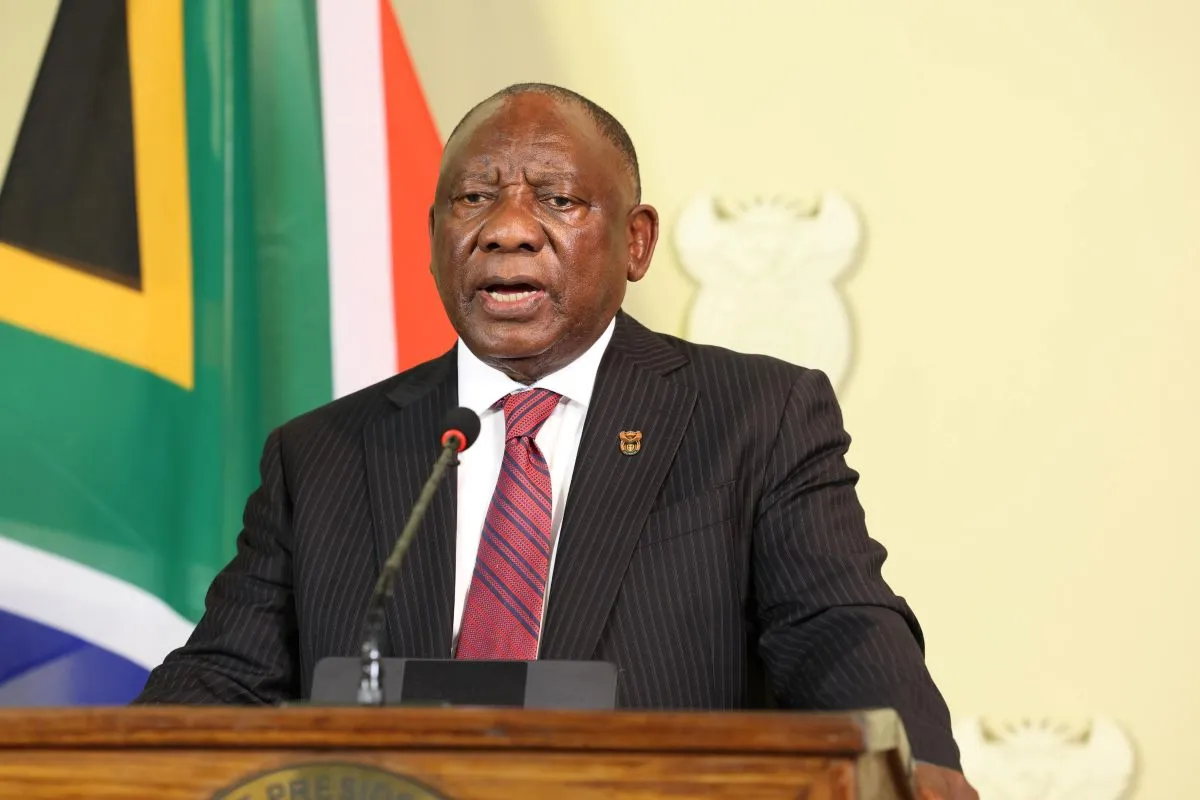
Why an inquiry instead of firing Mchunu? Presidency responds
President Cyril Ramaphosa has suspended Senzo Mchunu and initiated an inquiry into alleged criminal infiltration in SAPS.

President Cyril Ramaphosa’s decision to launch a commission of inquiry instead of taking immediate action on alarming claims of criminal infiltration in the South African Police Service (SAPS) has stirred public debate. Many are questioning why he hasn’t acted decisively right away.
Speaking to ENCA, presidential spokesperson Vincent Magwenya said: “We are a country underpinned by the rule of law. I cannot make an allegation against you and expect you to be held accountable without due process.”
On Sunday evening at the Union Buildings in Tshwane, Ramaphosa announced the inquiry and appointed Acting Deputy Chief Justice Mbuyiseli Madlanga to lead it. The commission will probe allegations of widespread criminal infiltration within SAPS, intelligence agencies, and other justice institutions, including suspected involvement of police officers, politicians, and connections to a Gauteng drug cartel.
Inquiry on claims of political interference
KwaZulu-Natal SAPS commissioner Lieutenant-General Nhlanhla Mkhwanazi publicly accused a drug syndicate of compromising key law enforcement figures. He claimed that Minister Mchunu tried to stop investigations by ordering the disbanding of the political killings task team and the withdrawal of over 100 dockets. Despite these serious accusations, the presidency maintains that evidence, not outrage, must drive accountability.
“These allegations are grave,” Magwenya said, “and therefore require a competent mechanism to investigate and recommend decisive action.”
New Appointment Amid Crisis
Ramaphosa appointed law professor and former Gauteng MEC for Community Safety, Firoz Cachalia, to be the acting police commissioner while Mchunu away is on a leave of absence.
“The president wanted to bring someone from outside Parliament with the right experience,” Magwenya explained.
“Cachalia chairs the National Anti-Corruption Advisory Council and is well-versed in both law and security matters.”
The president expects interim findings from the commission within three to six months, with a final report going to Parliament and the Chief Justice.
